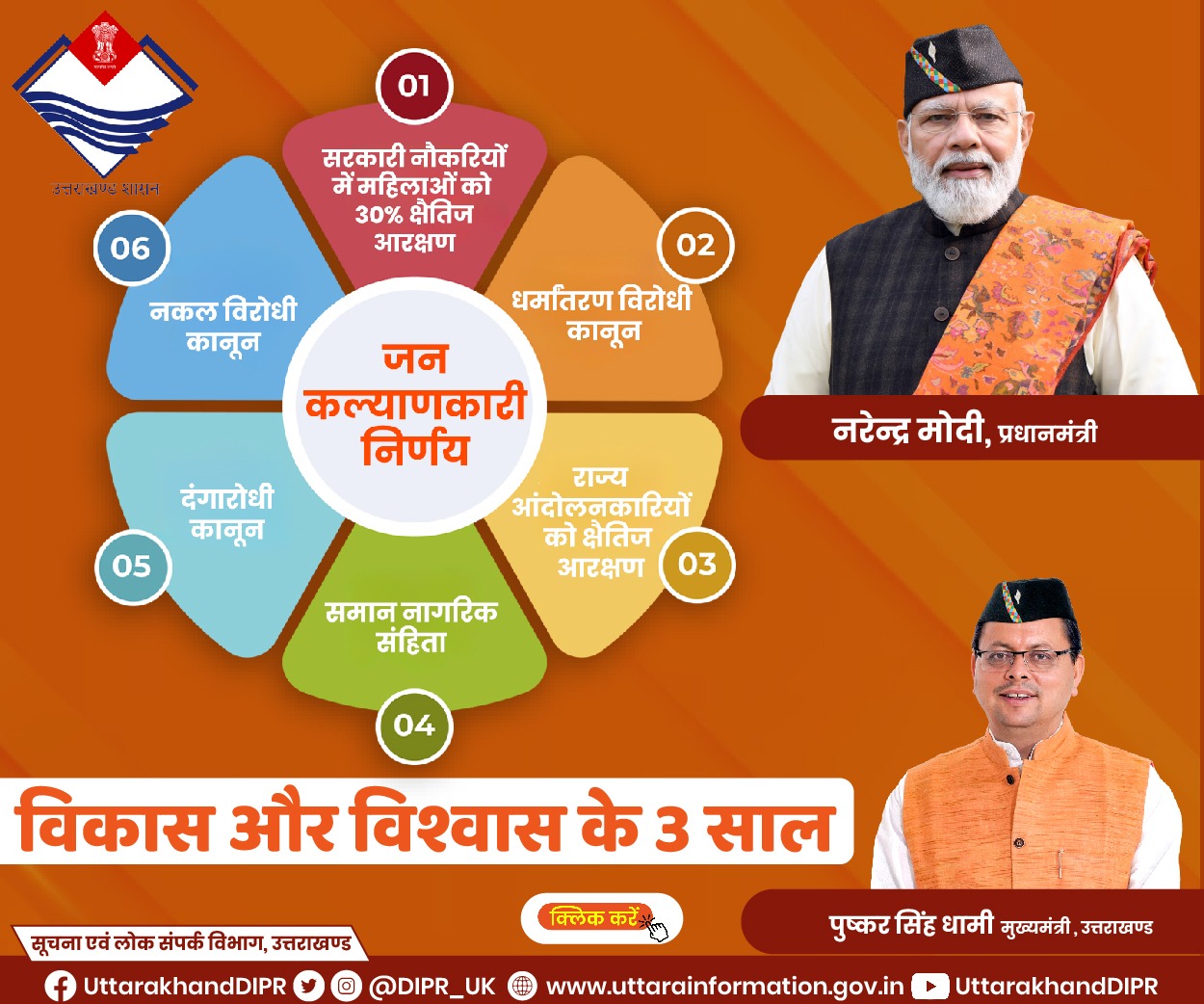In addition to its current plant in Bahadurgarh, Haryana, Yokohama Rubber (Japan), which operates in India through a wholly-owned subsidiary, is building a new facility near Visakhapatnam, Andhra Pradesh.
The action is in line with both the “Make in India” movement and India’s prohibition on tire imports. Yokohama hopes to increase its market share in premium SUVs by investing in the Vizag factory and producing high-end tires there.
The new facility will have a daily capacity of 132 tons (rubber weight) and is anticipated to begin production in 2024. More than 1,000 employment will be generated.
The company’s investment in India demonstrates its faith in the nation’s expanding automotive industry and economy. India currently has the fifth-largest global market for passenger cars, and by 2026, it’s predicted to overtake China as the market leader.
Additionally, the new facility would assist Yokohama Rubber address the rising demand for premium tires in India. Over the next five years, the premium SUV market in India is anticipated to expand at a CAGR of 20%.
Leading Japanese tire maker Yokohama Rubber has operations all over the world. The business is well-known for its innovative products and high-quality tires.
A crucial step for the Indian tire business is the opening of the new facility in Visakhapatnam. It will assist in:
- make work
- Boost regional output
- Increasing the availability of premium tires across the nation
- lessen the reliance on imported tires in India
- Encourage the “Make in India” movement.
The region around Visakhapatnam is anticipated to benefit from the new plant as well. The local economy will be boosted and other firms will be drawn to the area.
Overall, the opening of the new Yokohama Rubber facility in India is good news for the nation’s tire sector and economy. It will improve the accessibility of premium tires, increase local production, and lessen India’s reliance on imports.



